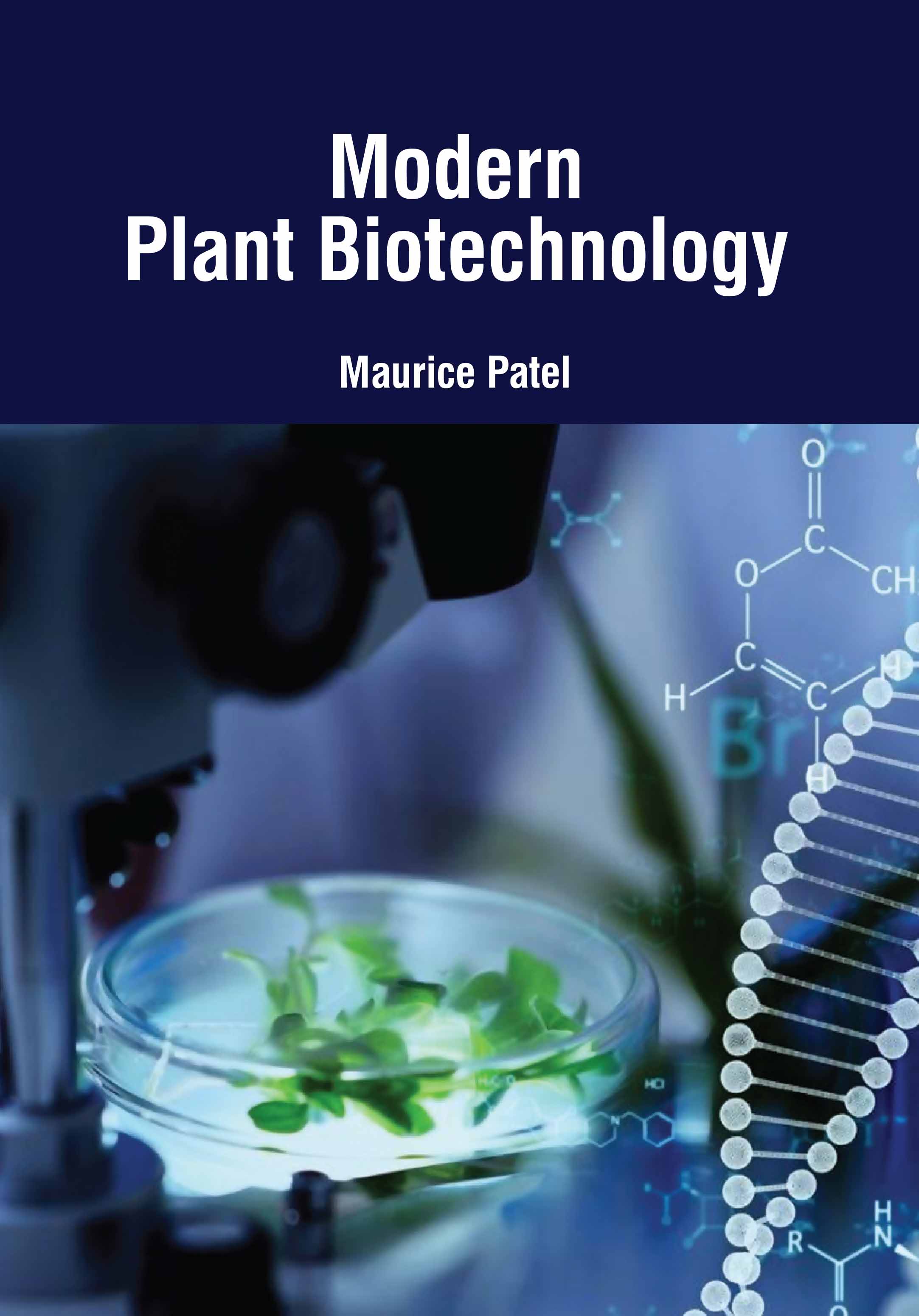About This Book
Microbial biotechnology involves the use of microorganisms for the production of valuable products such as
enzymes, antibiotics, biofuels, and vaccines. It harnesses the natural metabolic pathways of microbes and
manipulates them using genetic engineering to enhance their ability to produce specific compounds. This field
has revolutionized various industries, including pharmaceuticals, agriculture, and environmental
management, by providing sustainable and cost-effective solutions. In the realm of applied microbiology,
microorganisms are employed for practical purposes, such as the biodegradation of pollutants, the
fermentation of food and beverages, and the production of bioremediation agents. These microbes are used to
break down toxic substances in contaminated environments or convert agricultural waste into biofuels.
Industrial applications, including fermentation technology, rely heavily on microorganisms to produce a wide
array of essential products, including antibiotics, vitamins, and organic acids. The synergy between microbial
biotechnology and applied microbiology allows for the development of innovative processes that meet
societal needs, from improving crop yields to addressing environmental challenges. With advances in genetic
engineering, microorganisms can be optimized to meet specific industrial demands, enabling a new era of
sustainable and efficient biotechnological applications. This integration of scientific knowledge and industrial
practice continues to drive progress in the biotechnological landscape. This book explores the intersection of
microbiology and biotechnology, focusing on the innovative use of microorganisms in industrial and
environmental applications.
Contents: 1. Microbial Sources of Food and Supplements, 2. Microbes Used in Industrial Applications,
3. Technological Approaches in Bioprocessing and Fermentation, 4. Biotechnological Innovations in Industrial
Microbiology, 5. Microbial Enzymes in Dairy Product Manufacturing, 6. Microbial Fermentation Techniques in
Industrial Biotechnology, 7. Modes of Microorganism Transmission, 8. Role of Microorganisms in Public Health
and Disease Prevention, 9. Microbial Genetics, 10. Design and Function of Bioreactors in Industrial Processes.

